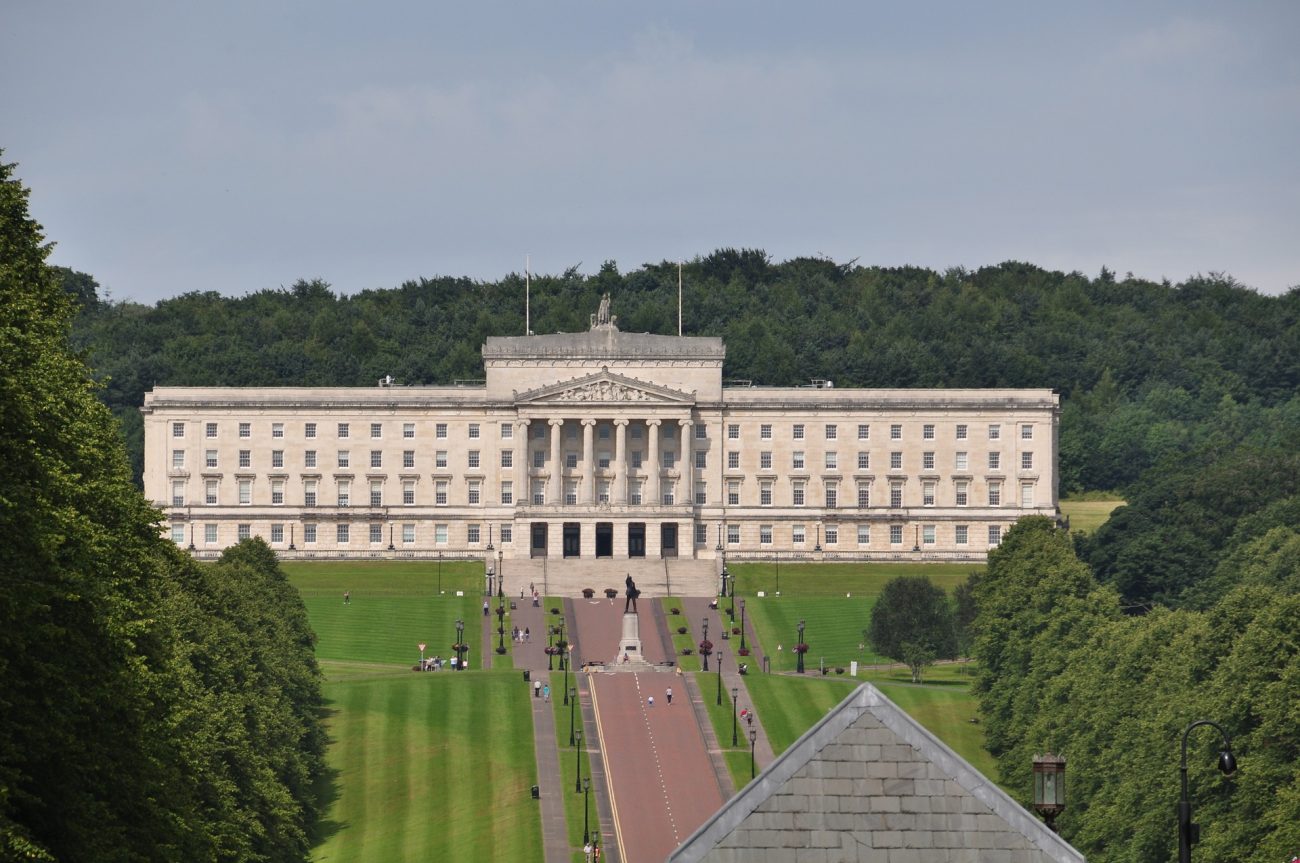Northern Ireland committee calls for creation of regulator

A bill to reform gambling in Northern Ireland – replacing the current legislation that dates back to 1985 – was introduced in the Assembly last year, and presented to the Committee for Communities for review.
The new legislation is “designed to strengthen the existing regulatory protections, for operators and consumers”. It would amend a number of rules, including removing a ban on Sunday trading for bookmakers, and ensuring that gambling contracts are legally enforced.
A public consultation in 2019 revealed that 66% of participants thought that bookmakers’ office hours should be relaxed. A majority also believed that bookmakers should be allowed to open on a Sunday.
In addition, the bill would allow the government to create a levy for the gambling industry, permit pool betting in bookmakers’ shops, allow for bingo play without club membership requirements and make it an offence to allow those under 18 to play gaming machines.
It would form part of a “two-phase” plan for gambling reform in Northern Ireland, with some topics to be addressed by legislation that has currently not been published.
In its report on the bill, the committee said it largely supported the bill.
“The committee is generally supportive of key elements of the Bill, including the legal enforcement of gambling contracts and the removal of restrictions on promotional prizes and offerings,” committee chairperson Paula Bradley said.
“The majority of the committee were supportive of allowing bookmakers and bingo halls to operate on Sundays and Good Friday.”
However, it also noted some recommendations for the bill. It said that Northern Ireland does not have a specific strategy to reduce gambling harm and that one should be created.
Regarding machine play for under-18s, the Committee said more steps need to be taken to separate adult gaming machines in gaming arcades, in order to prevent minor players from being easily able to play the machines.
The legislation also included an “enabling clause” for a code of conduct for operators, but this code itself was not finalised in the version of the bill it reviewed. As a result, it could not provide specific recommendations but said that a code of conduct should “ensure that there is not the potential to push people towards illegal gambling or allow problem gamblers to move from premises to premises undetected”.
It added that the code should work to make sure that gambling is not advertised “like it’s a game” or in a way that appeals to young people.
The committee also mentioned a number of other areas that it hoped would be addressed with the follow-up legislation.
The first of these was the creation of a Northern Ireland gambling regulator to enforce gambling laws, which would otherwise be enforced by the police. This, the committee noted, had already been supported by minister for communities, Deirdre Hargey, who introduced the bill.
In addition, it called for legislation to address online gambling, which Northern Ireland does not currently have any specific legislation to address.
The body also noted that certain changes may soon come into force in Great Britain following the Gambling Act Review and that efforts should be made to ensure Northern Ireland can keep up with these updates. The committee specifically noted the example of consumer redress, where some reformers have proposed the idea of a Gambling Ombudsman in Great Britain.
The group also said that advertising should be looked into further.
Following the publication of the report, the bill moves to the further consideration stage. At this stage, amendments to the bill may be debated by Assembly members.
The legislation that emerges from this process would then go to a final vote by in the chamber.
“Restructuring of gambling legislation in Northern Ireland still has a very long way to go,” Bradley said. “We are hopeful however, that this Bill will lay the groundwork for a more comprehensive and holistic approach when the Department for Communities introduces the second stage of reforms in the next Assembly mandate.”
